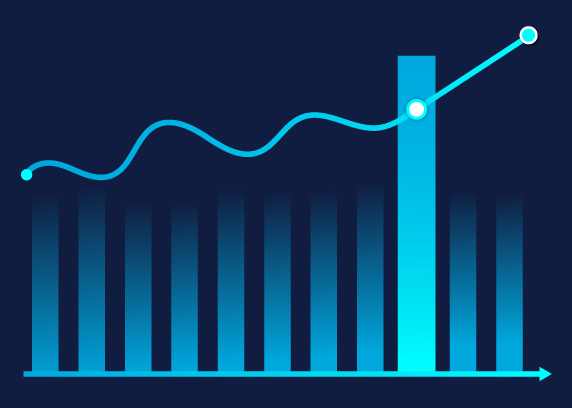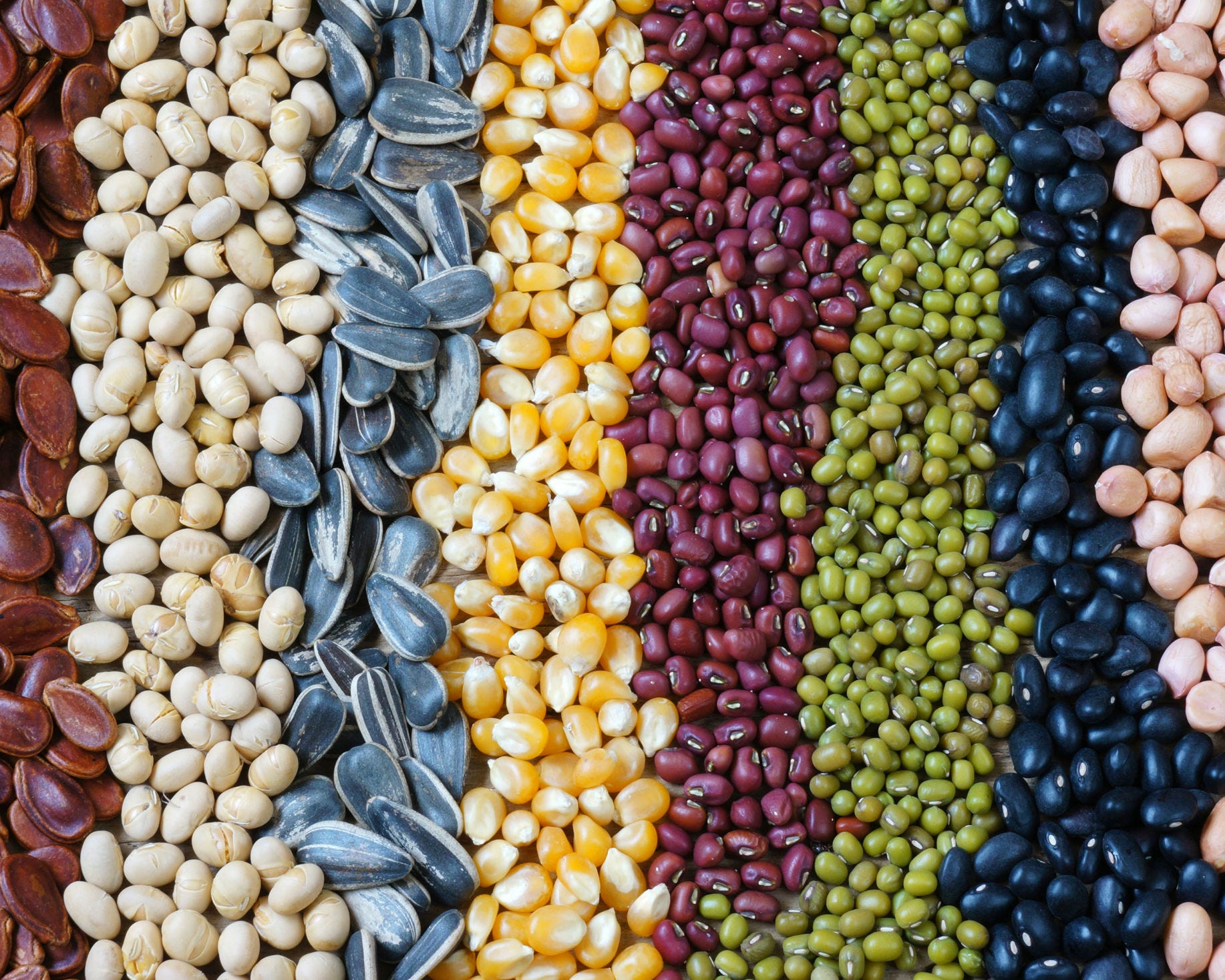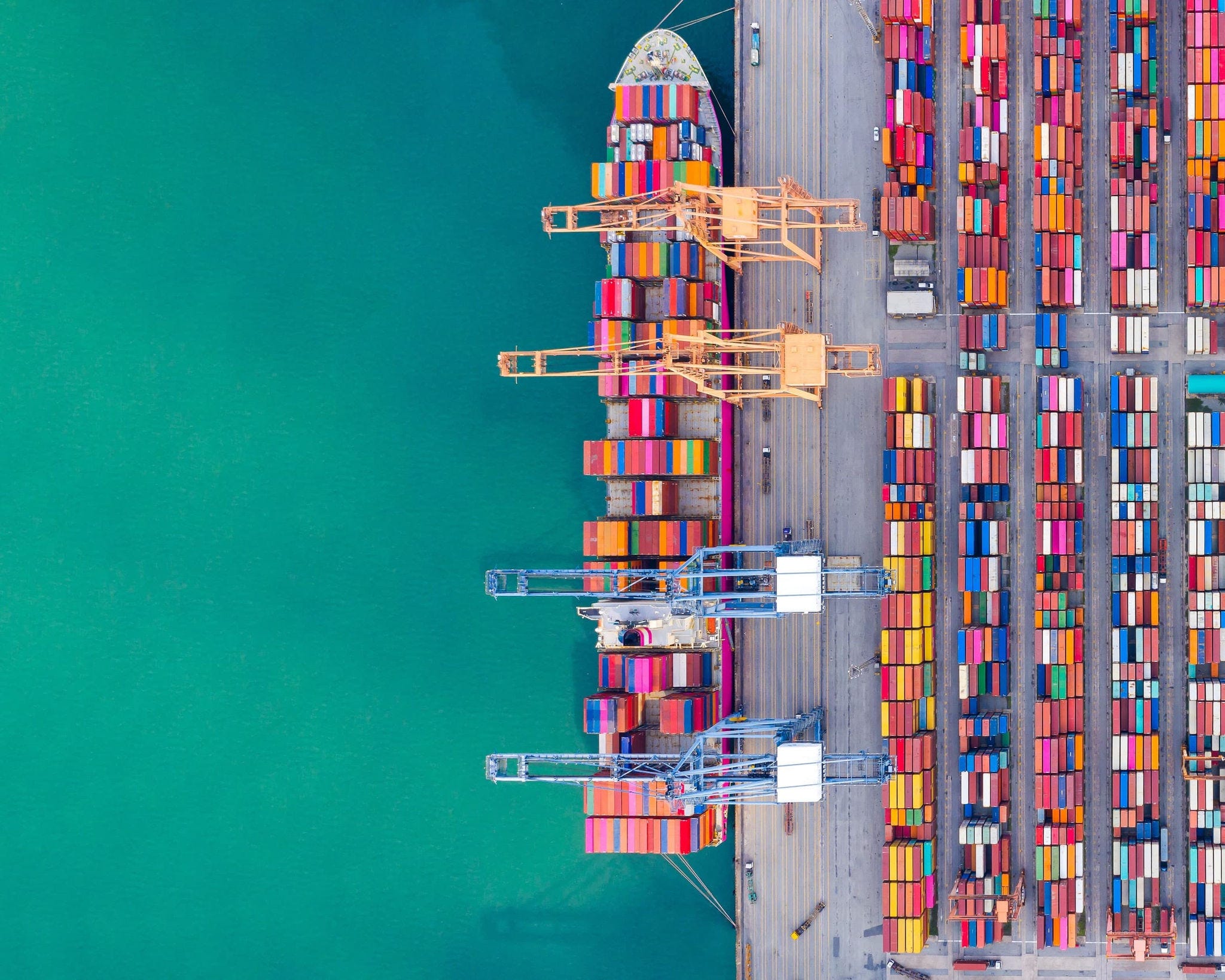The OECD (Organisation for Economic Co-operation and Development) is a forum and knowledge hub for data, analysis and best practices in public policy. We work with over 100 countries across the world to build stronger, fairer and cleaner societies - helping to shape better policies for better lives.
OECD
Top stories
Global growth in plastics production and use will continue to outpace population growth. A new OECD report shows that adopting comprehensive, stringent policies in all countries can nearly eliminate plastic leakage by 2040.

About the OECD
Data insights
Global growth in plastics production and use will continue to outpace population growth
Plastics production doubled between 2000 and 2019, from 234 to 460 million tonnes. Without more ambitious policies, the amount of plastics produced around the world will continue to rise. Global production and use of plastics is set to reach 736 million tonnes by 2040, up 70% from 435 Mt in 2020. It will continue to outpace global population growth as demand for plastics is projected to remain high and further increase in OECD countries. Fast growth is similarly expected in emerging economies in Asia, Sub-Saharan Africa and Latin America.
Recycled plastics will continue to make up a mere 6% of all plastics produced in 2040. As plastic volumes balloon, mismanaged waste will increase by 38% and plastic leakage to the environment by 50% by 2040 (from 2020 levels), threatening ecosystems and the people that depend on them.
Publications
-
 Working paper3 October 2024
Working paper3 October 2024
Featured topics
-
Artificial intelligence (AI) is a transformative technology capable of tasks that typically require human-like intelligence, such as understanding language, recognising patterns, and making decisions. AI holds the potential to address complex challenges from enhancing education and improving health care, to driving scientific innovation and climate action. But AI systems also pose risks to privacy, safety, security, and human autonomy. Effective governance is essential to ensure AI development and deployment are safe, secure and trustworthy, with policies and regulation that foster innovation and competition.Learn more
-
Analysis and insights for driving a rapid transition to net-zero while building resilience to physical climate impacts.Learn more
-
The OECD designs international standards and guidelines for development co-operation, based on best practices, and monitors their implementation by its members. It works closely with member and partner countries, and other stakeholders (such as the United Nations and other multilateral entities) to help them implement their development commitments. It also invites developing country governments to take an active part in policy dialogue.Learn more
-
Despite progress in recent years, more work needs to be done across all OECD countries to secure gender equality, with women and girls still facing inappropriate disadvantages and barriers in most spheres of social and economic life. Gender equality must remain a priority, as a matter of basic human rights and long-term economic wellbeing and prosperity. It drives economic growth, strengthens democracy, enhances social cohesion and increases the well-being of all members of society.Learn more
-
About 70% of international trade involves global value chains (GVCs), as services, raw materials, parts, and components cross borders – often numerous times. A strong trend has emerged towards the international dispersion of value chain activities such as design, production, marketing, distribution, etc. This emergence of GVCs and increased interest in their sustainability and resilience requires analysing supply chains as a whole and developing policies around them.Learn more
-
In today’s globalised world, it is crucial that tax administrations work together to ensure the right amount of tax is paid to the right jurisdiction. The OECD is at the forefront of international efforts to use enhanced transparency and exchange of information to put an end to bank secrecy and fight tax evasion and avoidance.Learn more
Latest insights
-
 4 October 2024
4 October 2024 -
 Statistical release3 October 2024
Statistical release3 October 2024 -
 oecdcogito.blog26 September 2024
oecdcogito.blog26 September 2024 -
 oecdecoscope.blog20 September 2024
oecdecoscope.blog20 September 2024
Events
-
 Publication launch10 October 2024
Publication launch10 October 2024












